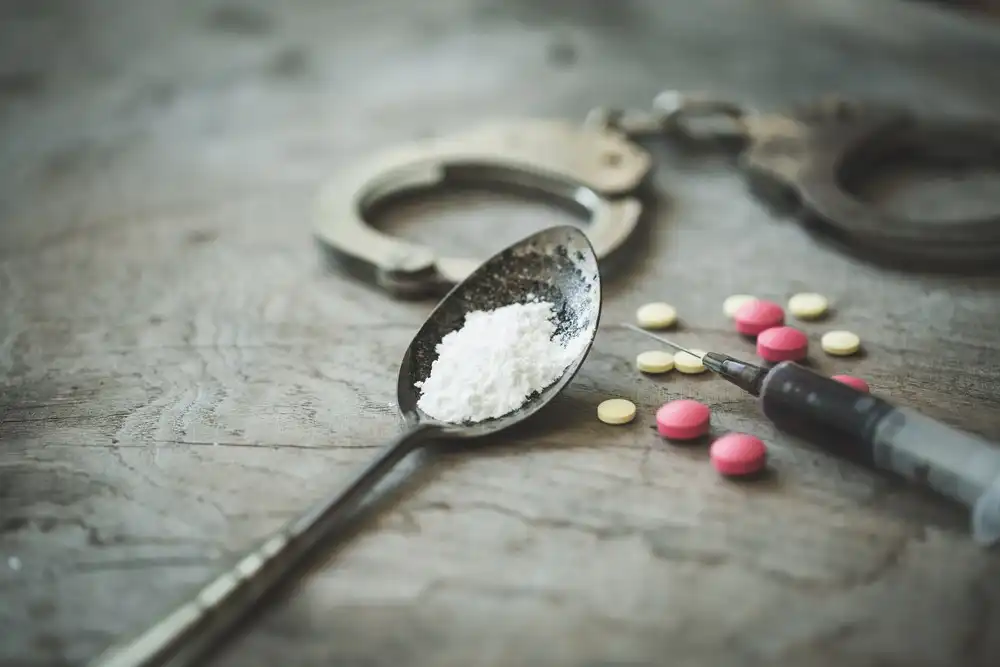Impact of Denver Overdose Prevention Programs

The impact of Denver’s overdose prevention programs has been significant in addressing the rising opioid crisis. These programs aim to reduce overdose-related deaths by implementing various strategies, such as increasing access to naloxone, providing harm reduction education, and supporting individuals struggling with substance abuse.
By focusing on harm reduction, Denver has taken a proactive approach to saving lives and improving public health outcomes. The implementation of safe injection sites has also been a crucial step in providing a safe and controlled environment for individuals to use drugs under medical supervision.
Through these comprehensive initiatives, Denver has made notable progress in combating the devastating effects of opioid addiction and reducing the harm associated with substance abuse.
Decrease in Overdose-Related Deaths
The implementation of Denver’s overdose prevention programs has resulted in a significant decrease in overdose-related deaths. These programs, which include harm reduction strategies and access to naloxone, have had a profound impact on the community by saving lives and reducing the devastating effects of substance abuse.
By providing education and resources to individuals at risk of overdose, Denver’s prevention programs have effectively tackled the opioid crisis. Through the distribution of naloxone, an opioid overdose reversal medication, first responders and community members have been empowered to respond quickly and effectively to overdose situations, preventing fatalities.
Furthermore, harm reduction strategies such as safe injection sites and needle exchange programs have contributed to reducing the overall number of overdose-related deaths in the city. The success of Denver’s overdose prevention programs highlights the importance of proactive and comprehensive approaches in addressing substance abuse issues.
Increased Access to Naloxone
Through the implementation of Denver’s overdose prevention programs, one key aspect that has been instrumental in reducing overdose-related deaths is the increased access to naloxone. Naloxone is an opioid antagonist medication that can quickly reverse the effects of an opioid overdose, potentially saving lives. With improved access to naloxone, individuals who are experiencing or witnessing an overdose can administer the medication promptly, providing a critical window of opportunity for medical intervention.
This increased access to naloxone has had a significant impact on overdose-related deaths in Denver, as it allows for immediate intervention in emergency situations. The following are the benefits of increased naloxone access:
- Timely response: Naloxone can be administered quickly, allowing for immediate reversal of opioid overdose symptoms.
- Accessibility for bystanders: Increased availability of naloxone empowers community members to respond effectively to overdose emergencies.
- Prevention of brain damage: Naloxone’s swift action can prevent long-term brain damage caused by lack of oxygen during an overdose.
- Potential for multiple doses: With expanded access to naloxone, multiple doses can be administered if necessary, increasing the chances of successful overdose reversal.
Harm Reduction Education Initiatives
Denver has programs to prevent overdose deaths by teaching the community about harm reduction. These programs are important because they give people the information and skills to be safer when using drugs. Denver does this through different programs and campaigns that help people understand the dangers of drug use and how to be safer.
Harm reduction education programs include teaching safe ways to inject drugs, ways to prevent overdoses, and why naloxone is important. These programs also work to stop people from treating drug users badly and encourage them to get help. By giving the community the right knowledge and help, Denver’s harm reduction programs save lives and make the community healthier.

Implementation of Safe Injection Sites
Denver’s overdose prevention programs have also taken steps towards the implementation of safe injection sites. These sites provide a controlled environment where individuals can consume drugs under medical supervision. The goal is to reduce the risk of overdose, prevent the transmission of diseases such as HIV and hepatitis, and promote access to healthcare and addiction treatment services. Here are four key points regarding the implementation of safe injection sites:
- Harm reduction approach: Safe injection sites are based on the principle of harm reduction, which aims to minimize the negative consequences associated with drug use.
- Medical supervision: Trained healthcare professionals are present at these sites to monitor drug consumption, provide sterile equipment, and intervene in case of overdose or other medical emergencies.
- Linkage to services: Safe injection sites offer a gateway to healthcare and addiction treatment services, connecting individuals with resources and support to address their substance use disorder.
- Positive outcomes: Research from existing safe injection sites in other countries has shown reductions in overdose deaths, public drug use, and discarded needles, while increasing access to treatment and improving community safety.
Implementing safe injection sites in Denver could be a crucial step towards addressing the opioid crisis and improving the health and well-being of individuals who use drugs. However, it is important to consider community engagement, legal and regulatory frameworks, and ongoing evaluation to ensure the effectiveness and sustainability of these sites.
Support for Individuals Struggling With Substance Abuse
To provide comprehensive assistance, Denver’s overdose prevention programs offer support for individuals struggling with substance abuse by connecting them to a range of resources and services. These programs recognize that addressing substance abuse requires a multi-faceted approach that goes beyond just preventing overdoses.
In collaboration with various community organizations and healthcare providers, Denver’s overdose prevention programs aim to provide individuals with the support they need to overcome their addiction and regain control of their lives. This support includes access to counseling and therapy services, referrals to detoxification and rehabilitation programs, and assistance in navigating the healthcare system.
Additionally, these programs offer education and outreach initiatives to raise awareness about substance abuse and reduce the stigma associated with seeking help. By providing comprehensive support, Denver’s overdose prevention programs strive to empower individuals to break free from the cycle of substance abuse and lead healthier, more fulfilling lives.
Conclusion
The impact of Denver’s overdose prevention programs has been significant. These programs have led to a decrease in overdose-related deaths, increased access to naloxone, and the implementation of harm reduction education initiatives. Furthermore, the support provided to individuals struggling with substance abuse has been instrumental in addressing the crisis. The efforts made by Denver in implementing these programs highlight the importance of comprehensive strategies in tackling the opioid epidemic.
